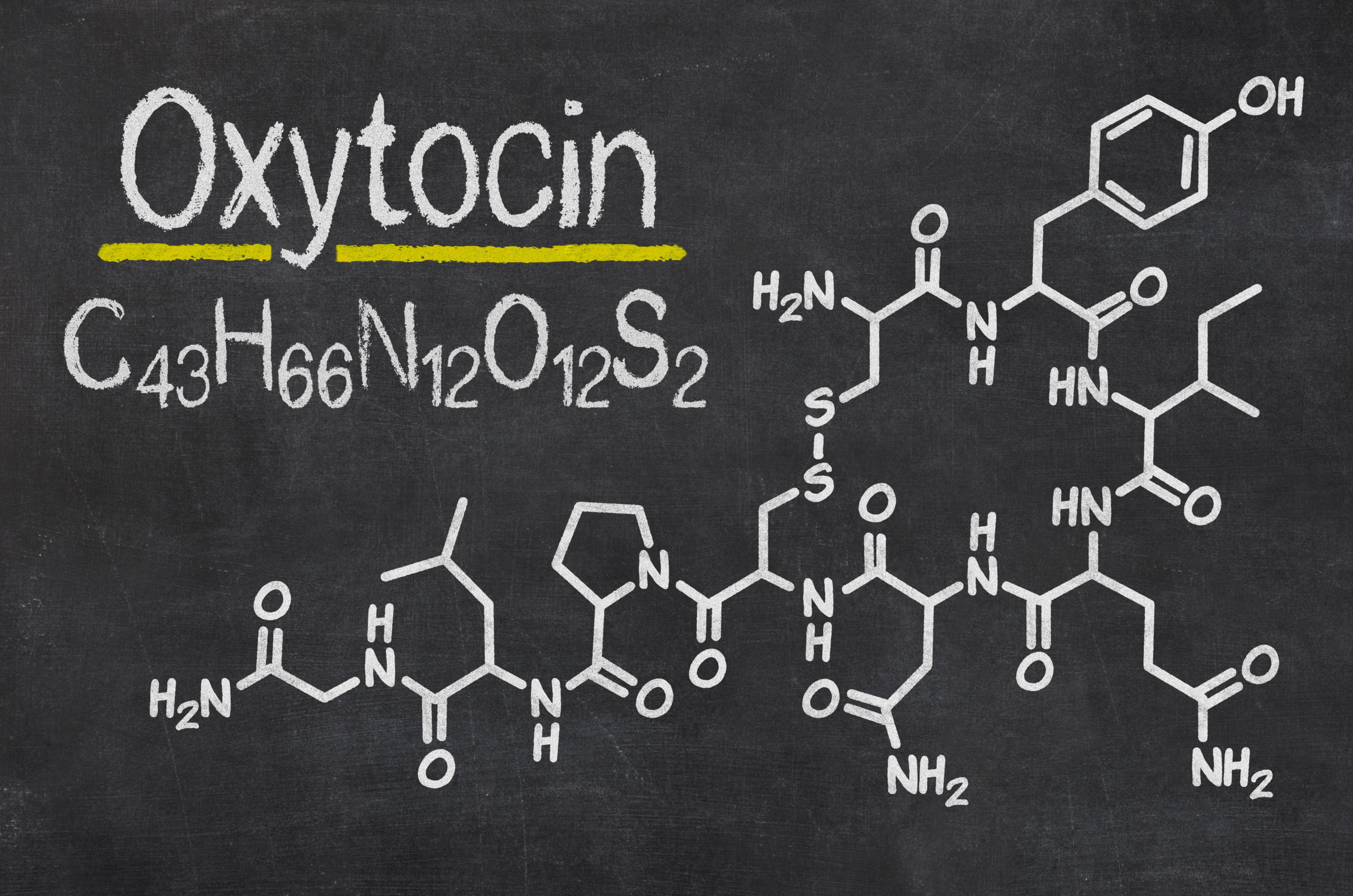Understanding Oxytocin: The Hormone of Connection
What is Oxytocin?
Oxytocin is often referred to as the "hormone of connection" due to its pivotal role in social bonding, sexual reproduction, and childbirth. This hormone is produced in the hypothalamus and released by the pituitary gland, influencing various physical and emotional responses. Understanding oxytocin helps us grasp its significance in human behavior and relationships.
The release of oxytocin is triggered by several factors, including physical touch, emotional connections, and even certain social interactions. This hormone plays a vital role in strengthening social ties, enhancing trust, and promoting empathy among individuals.

The Role of Oxytocin in Social Bonding
Oxytocin is most famously associated with its impact on social bonding. It has been found to enhance feelings of trust and emotional closeness. When people engage in activities that promote connection, such as hugging or sharing personal stories, oxytocin levels increase, reinforcing these bonds.
Research also suggests that oxytocin can play a role in reducing social anxiety and fostering a sense of belonging. This hormone helps individuals feel more connected to others, making it an essential component in maintaining healthy relationships.

Oxytocin and Parenting
One of the most critical roles of oxytocin is in parenting. During childbirth, oxytocin facilitates uterine contractions, aiding in delivery. Postpartum, it promotes the production of breast milk, ensuring nourishment for the newborn.
Beyond its physiological roles, oxytocin is crucial for mother-infant bonding. It enhances the emotional connection between parents and their children, promoting caregiving behaviors and nurturing instincts.

Oxytocin in Romantic Relationships
Oxytocin is often dubbed the "love hormone" due to its role in romantic relationships. It is released during intimate moments, such as cuddling or kissing, strengthening the bond between partners. This hormone helps foster trust and commitment, essential components of a healthy relationship.
Interestingly, oxytocin is also linked to sexual reproduction, playing a part in the physical and emotional aspects of sexual activity. Its release during orgasm enhances emotional intimacy between partners.
The Impact of Oxytocin on Mental Health
Beyond its social and reproductive functions, oxytocin has a significant impact on mental health. It has been associated with reducing stress and anxiety levels, promoting an overall sense of well-being. The hormone's ability to enhance social interactions and emotional connections can contribute to better mental health outcomes.
Research is ongoing to explore how oxytocin can be used therapeutically to help individuals with conditions like depression, anxiety disorders, and autism spectrum disorders, highlighting its potential as a treatment option.

Conclusion: Embracing the Power of Oxytocin
Oxytocin is a remarkable hormone that influences various aspects of human life, from childbirth to social connections and mental health. By understanding its functions and effects, we can appreciate the profound impact it has on our well-being and relationships.
As research continues to uncover new insights into oxytocin, we can look forward to potential applications that enhance human connection and improve quality of life. Whether through touch, communication, or shared experiences, embracing the power of oxytocin can lead to stronger, healthier bonds with those around us.
